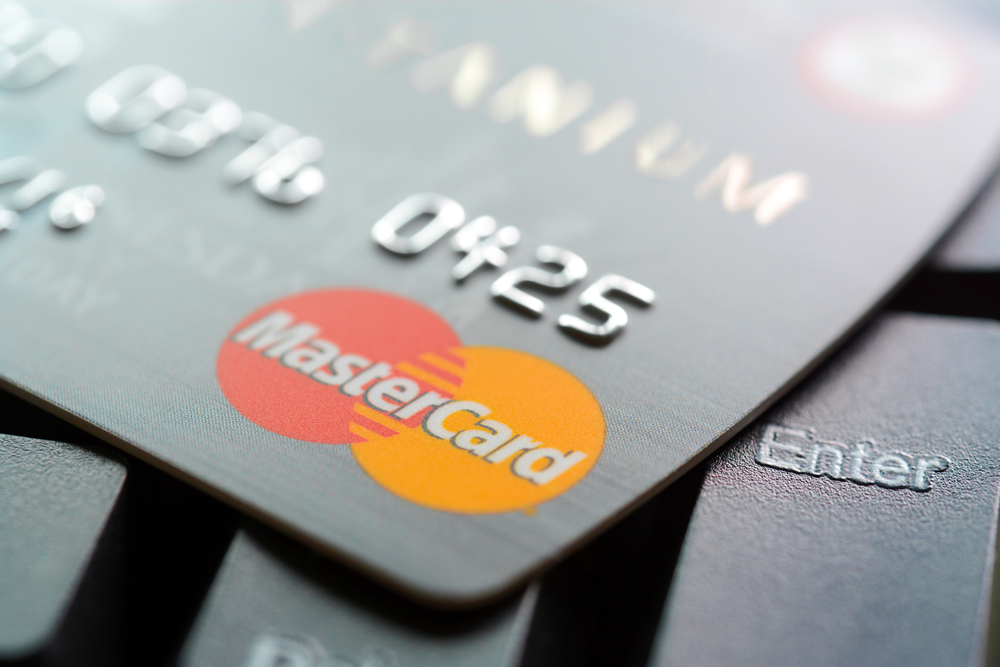Credit Cards & Loans
Mastercard shoppers face price hikes when buying from EU

UK shoppers using Mastercard debit and credit cards to buy online from the EU face higher prices due to a change in fees as a result of Brexit.
Mastercard is due to hike fees up to fivefold for EU firms when taking payments from UK online shoppers from October, which essentially could be passed on to Brits in the form of higher prices for goods and services.
Each time shoppers use debit or credit cards to make a payment, retailers are charged a fee by the card issuer – known as an interchange fee.
While consumers don’t often see these in transactions, ultimately they’re covered in the final prices charged for goods and services.
In 2015, a major shake-up of the card market took effect when the EU interchange fee cap ruling was implemented.
This limited the fee cap to 0.2% of the value of the transaction on debit cards, and 0.3% for credit cards.
However, now that Britain has left the EU, specifically the European Economic Area (EEA) as part of Brexit, Mastercard is re-aligning these interchange fees to 1.15% on debit cards and 1.5% on credit cards from 15 October.
Adam French, consumer rights editor at campaign group Which?, said: “Consumers are already facing significant inconvenience and extra costs when shopping with businesses based in the EU and Mastercard’s decision to reimpose these hefty charges will come as another blow.
“The success of Brexit will be judged by how it affects our everyday lives, so the government must not neglect these consumer issues. Ministers must do a better job of explaining a confusing array of new rules and regulations and the government needs to work with the EU with a view to removing these costs as part of future negotiations.”
A Mastercard spokesperson said: “As a result of the UK leaving the EEA, Mastercard will adapt interchange rates on UK cards to the commitments it gave the European Commission in 2019 for non-EEA card transactions.
“In practice, only EEA merchants making e-commerce sales to UK cardholders will see a change. Interchange is not a consumer facing cost but the fees paid between merchants and banks for the provision of payments. Consumers should not feel any impact of changes in interchange fees.”
It added it is not increasing fees as part of the move and the change will only apply to online sales at EEA-based shops by UK issued cards, not face to face sales in the EEA.
UK based shops and businesses aren’t impacted. Mastercard said it expects many international merchants to move to treating UK sales as UK domestic sales rather than EEA transactions to avoid the interchange shift.